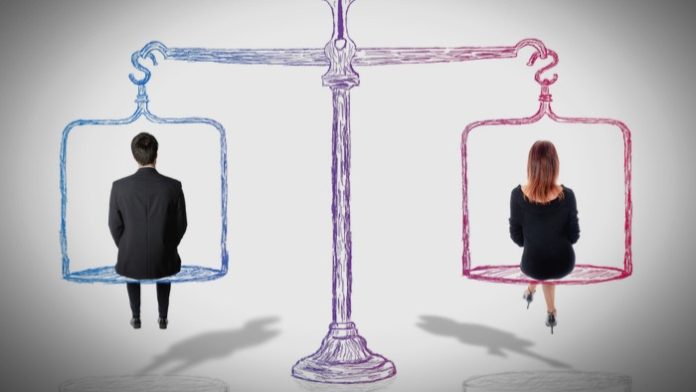Women and girls are bearing a disproportionate burden in this time of environmental strain. Fires, storms, floods, and droughts have direct impacts on those tasked with collecting water, securing food, and caring for families. At the same time, women’s voices are often sidelined – or missing altogether – in decision-making about the environment and how to care for it.
These concerns are of profound significance for me and my fellow members of the Women and Gender Caucus at the GEF Assembly, a coalition of diverse women’s networks, organizations, and gender equality allies preparing to gather during the Global Environment Facility’s Seventh Assembly in Vancouver.
We know that environmental challenges have significant impacts on the lives and well-being of women and girls, and that ensuring better gender representation and gender equality is fundamental to the achievement of environmental and conservation goals.
Prioritizing gender justice is essential to ensuring that diverse perspectives and experiences are incorporated into key decision-making and operational processes.
What does gender justice involve? It is a commitment to address the gendered impacts of environmental degradation and support equitable resource management and economic empowerment for women, for the benefit of whole communities.
This approach also fosters social innovation and collaborative learning, measures that can lead to more effective and sustainable solutions. Ultimately, integrating gender equity into environmental initiatives creates results that benefit both people and the planet, contributing to a more just and sustainable world overall.
The Women and Gender Caucus at the GEF Assembly include women from all regions of the world, from a wide variety of groups and organizations, working to ensure that a human rights-based approach is at the heart of discussions and decisions about the global environment.
Gender justice is not only a matter of morality, it is a catalyst for effective and sustainable development. By prioritizing women’s rights as human rights, we can work together, as stewards of this planet, to lead the way to a more sustainable, just, and equitable world.
By Amelia Arreguin Coordinator, Convention on Biological Diversity Women’s Caucus
Do you want to share your impact stories or pitch the coverage of your CSR event to us? E-mail: editor@impactwatch.net or *Phone +234-806-795-0250 (Whatsapp &Text)





